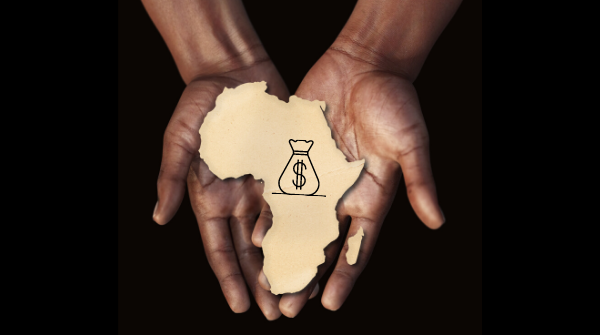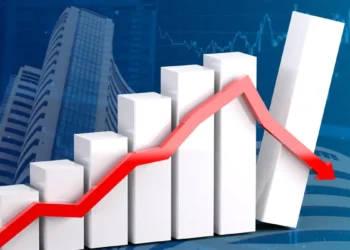Nigeria’s expenditure on foreign debt servicing has skyrocketed by 107.7% within the first eight months of 2024, reaching N3.8 trillion, far surpassing the initial projection of N1.83 trillion in the year’s budget. This development highlights increasing fiscal pressures on the country.
The figures, detailed in the 2025-2027 Medium Term Expenditure Framework and Fiscal Strategy (MTEF & FSP), indicate that foreign debt servicing alone has accounted for an additional N1.97 trillion compared to earlier estimates. In contrast, domestic debt servicing slightly exceeded projections, with actual spending at N3.6 trillion against the budgeted N3.53 trillion, representing a minor 2% increase.
Overall, N5.51 trillion has been spent on debt servicing—including domestic and foreign obligations, sinking funds, and securitized FGN bond interest—marking 34.4% of the N7.41 trillion allocated for the period.
Mixed Revenue Performance
The Federal Government generated N12.74 trillion in retained revenue by August, achieving 73.8% of its N17.25 trillion target. Non-oil revenue was a bright spot, with collections of N3.81 trillion surpassing the target by 160.1%, mitigating shortfalls in oil revenue.
Corporate Income Tax (CIT) and Value Added Tax (VAT) collections were particularly robust, bringing in N1.71 trillion and N530.41 billion, respectively, well above their targets. Customs revenues also performed strongly at N969.89 billion, achieving 95% of expectations, bolstered by increased trade and efficient collection systems.
However, oil revenue continued to lag, with only N9.83 trillion generated against a prorated target of N13.33 trillion, reflecting persistent challenges such as volatile global prices and production issues. After statutory deductions, net oil and gas revenue to the Federation Account stood at N8.5 trillion, 25.3% below target.
Implications for Public Finances
The surge in foreign debt servicing costs underscores Nigeria’s growing fiscal challenges, exacerbated by naira depreciation and increased borrowing at higher interest rates. The country’s debt-to-GDP ratio surpassed 50% for the first time in March 2024, reflecting the mounting pressure on its economy.
Paying external debts in foreign currencies has become more expensive due to the weakening naira, further stretching public finances. As Nigeria contends with these economic headwinds, balancing revenue generation with debt obligations remains a critical concern.










